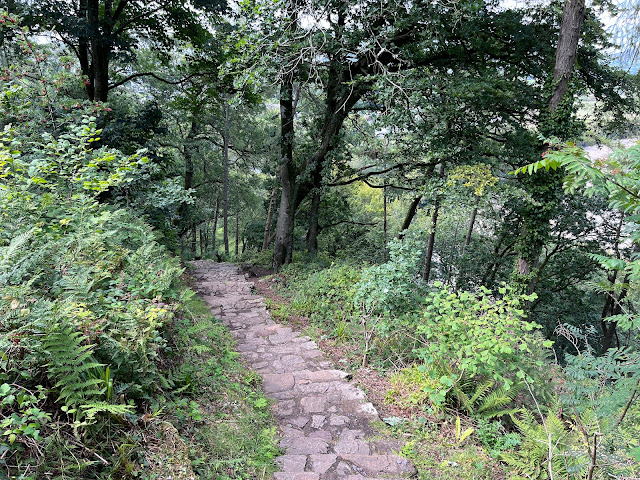What to do when you fail?
I am an academic
and a founder of a precision
agri startup, but I thought of taking a totally different experience to
share some thoughts about bouncing back from failure.
Since my childhood, I had a strong interest in martial arts and dabbled in
various local forms without maintaining consistent effort. However, after
relocating to the UK in 2009, I enrolled my son in a Karate dojo. It was then
that I realized I should take this opportunity to try Karate myself. Soon, my
passion for martial arts resurfaced, and I became a dedicated Karate student.
Progressing quickly, I achieved my Shodan Black Belt in 2017.
In 2020, I set a goal to attempt for the Second Dan Black Belt in Karate during the summer of 2022. This goal served as a motivating force to get back on track after the pandemic. With a 2-year runway, I began my journey, which included regular jogging in nearby Richmond Park, training 2 hours per week in the dojo under the guidance of an experienced teacher, and ultimately attempting the grading in the summer of 2022.
The grading process was intense, involving a four-day course where we practiced the full syllabus of our art. On the final day, we were tested on all punches, kicks, covers, and kata up to our belt level, followed by a line-up kumite for those aiming for Black Belt levels. This line-up kumite consisted of facing 8-10 good opponents above my level. Despite giving my all, by the 5th kumite, I was already feeling exhausted, and unfortunately, I did not pass the Second Dan Black Belt.
Facing this setback, I took several steps to bounce back:
Celebrating the journey so far: I reflected on the 2-year journey of
hard work and felt a sense of accomplishment for regaining physical fitness
after the pandemic. I congratulated myself for setting a high bar and resolved
to remain humble in recognizing areas that needed improvement.
Seeking advice from mentors: I used the failure as an opportunity to reassess my own standards for passing. I actively listened to my teachers and received clear feedback on areas where I could enhance my skills. Initially, I considered my age (52) to be a potential issue, but my teachers pointed out inspiring examples of people in their 60s and karate masters in their 70s who continued to excel.
Committing to a feasible time plan: With determination, I informed my sensei that I would not attempt again in the Easter of 2023 but instead take an entire year to try again in the summer of 2023. My sensei admired my patience and commitment to improvement.
Revisiting the basics: I decided to go back to the fundamentals, delving deeper into the Karate traditions that originated in Okinawa and studying Bruce Lee's book "The Tao of Jeet-Kung-Do." This helped me recognize the need to improve my movement techniques, focusing on simple aspects like efficient movement and bouncing to enhance relaxation and avoid unnecessary contact.
Adopting a new routine: To intensify my training, I increased my dojo practice to 3 hours every weekend and established a consistent home and outdoor exercise plan that aligned with my work and lifestyle. I carefully monitored my sleep and nutrition, and to aid motor memory consolidation, I followed a pattern of practicing every other day.
Building a supportive community: Within our Karate dojo, there was a culture of positive feedback and support. Failure was never shamed; instead, ambition was admired. We practiced together, offering useful feedback and challenging each other during regular sparring sessions.
Ultimately, all the efforts paid off, and I successfully achieved my goal of passing the Second Dan Black Belt in Karate during the Summer of 2023.
I invite you to watch the video of my line-up Kumite. For those familiar with Karate, you may notice some important aspects. Unlike in movies, each punch and kick in real-life Karate makes full contact, resulting in draining energy with each hit. The true skill lies in avoiding unnecessary contact, moving strategically, and waiting for the right moment to deliver a strike and retreat swiftly. This mastery enables a fighter to conserve energy over multiple rounds of kumite, where there is no rest between bouts. Sportsmanship is highly valued in our community, as even though contestants are exhausted after several kumites, those coming in later do not seek to demolish them but rather provide challenges to bring out the best in them.
I hope you find something useful in this experience that resonates with you, regardless of your background or experience in martial arts. It is even better if the reader could generalize this experience to anything you do in life no matter how challenging they are.


Comments